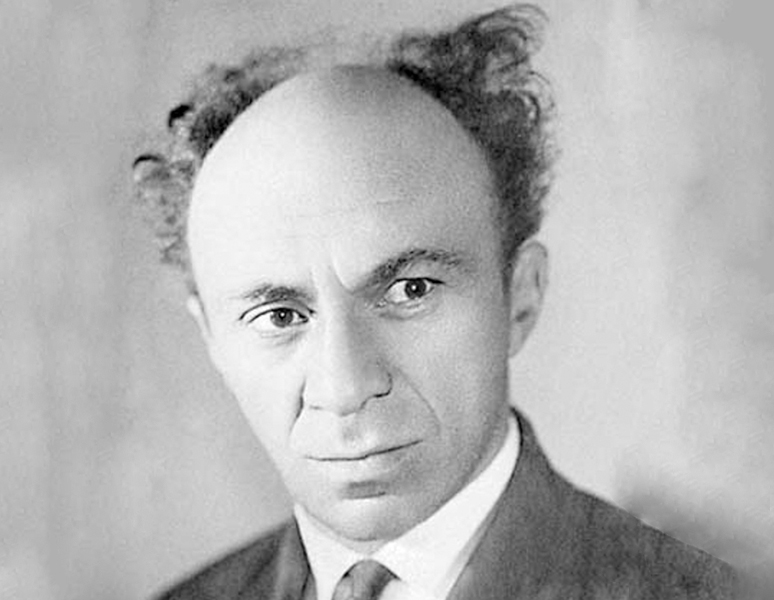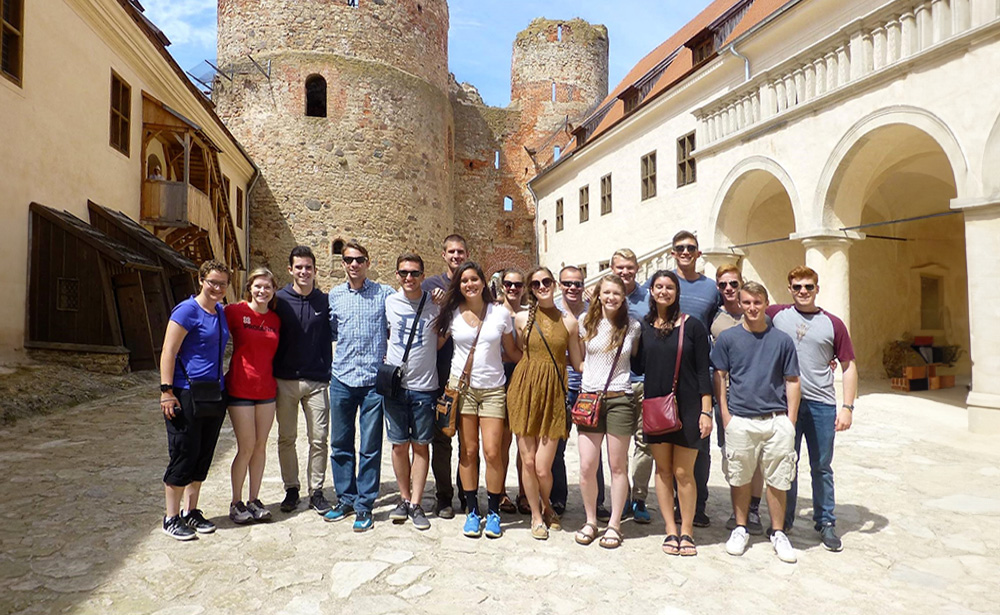16 March is the birthday of Solomon Mikhoels
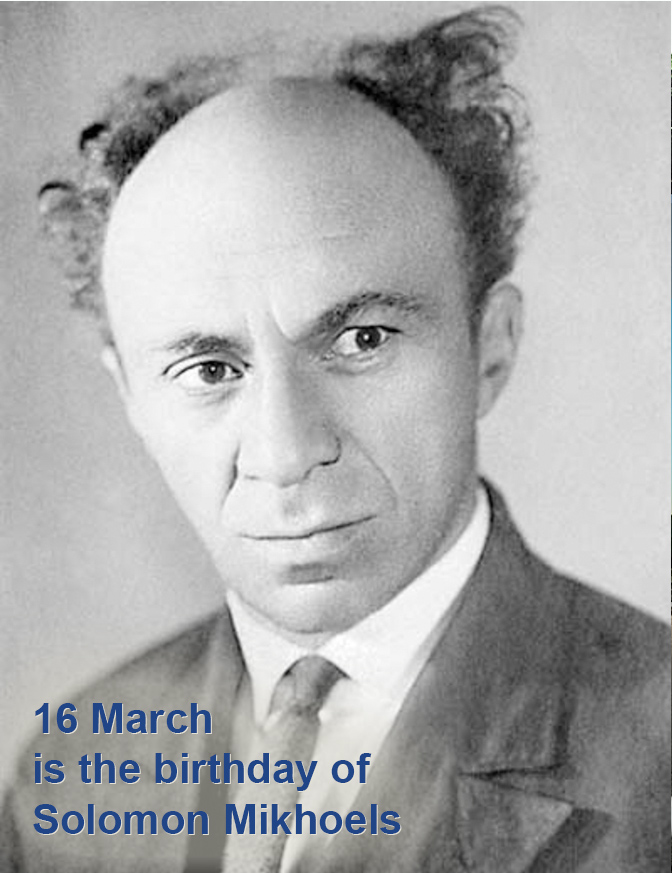
Solomon Mikhoels is a prominent Soviet theatre actor, teacher, director and public figure, laureate of numerous national awards and prizes.
Biography
Solomon Mikhoels (born Shloyme Vovsi) was born in a Jewish family in Dinaburg (now Daugavpils) on the 16th of March 1890. Until the age of 13 he went to a heder, a traditional Jewish religious elementary school. After the graduation he started his self-education, including learning Russian.
Solomon was dreaming about a theatre career since he was a child; at the age of 9 he ever wrote his first play, but had to quit his dream at the insistence of his father. As the actor remembered later, his father thought that he should be occupied with something more useful for the society – to become a doctor, or a lawyer. Mikhoels graduated from the secondary school in Riga, studied at Kiev institute of commerce and he also studied law in Saint Petersburg.
Theatrical and Public Activities
Soon after the October Revolution Solomon Mikhoels joined the Jewish Theatre Workshop which was organized in Petrograd. Since 1919 he acted actively. The play “The Blind” by Maurice Maeterlinck was one of Solomon’s works in which he managed to demonstrate his talent. Later the workshop established the Moscow State Jewish Theatre. In 1929 after the successful tour around Europe, Mikhoels became the director of the theatre.
Shakespeare’s King Lear is considered the best role of Solomon Mikhoels. The actor always tried to thoroughly analyse the character he was going to play, and to understand it from a philosophical point of view. He was so good at this that very often directors accepted this ideas, and moreover, they even stepped back, and the theatre stopped being director’s but became purely actor’s.
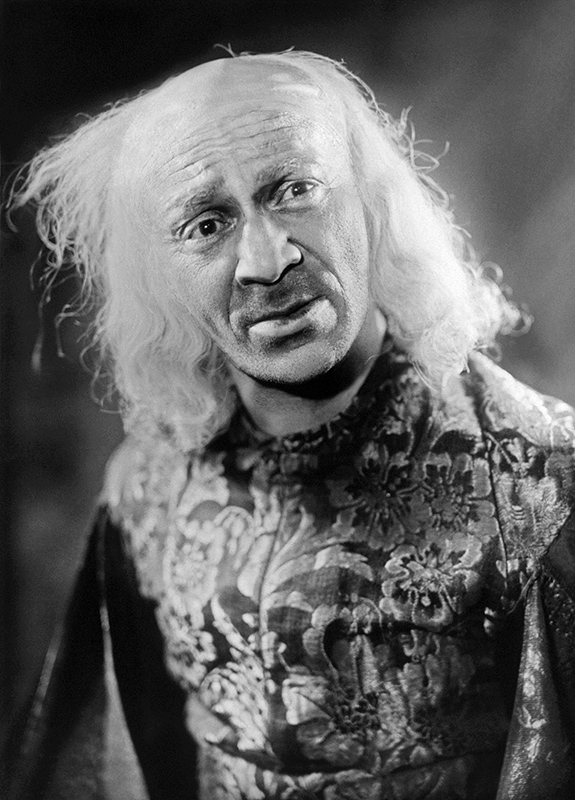
Edward Gordon Craig, an English actor and director, one of the most distinguished modernist theatre practitioners went to one of the first presentations of the play “King Lear”. That’s what he said about Mikhoels’s acting: “I was going to the theatre with unveiled distrust, and even asked Mikhoels to give me the place from which I could leave earlier, but I immediately understand that I mustn’t leave this play. It’s clear now why there is no real Shakespeare in English theatre – there is no such an actor as Mikhoels there”.
Apart from his work at the theatre, Mikhoels was also involved in public activity, and he was respected not only in the USSR but also in the world Jewish community. During World War II he headed Jewish Anti-Fascist Committee founded in 1942. The main task of this organization was to attract political and financial support for the USSR fight with Germany.
In 1943 Mikhoels together with other members of the committees made a seven-month tour around the USA, Mexico, Canada and Great Britain. During the tour he met a lot of prominent people: Thomas Mann, Theodore Dreiser, Marc Chagall, Albert Einstein and many others. Mikhoels ran meetings to raise money to support the Soviet Army. He so much impressed people with his talent that they usually donated large sums of money.
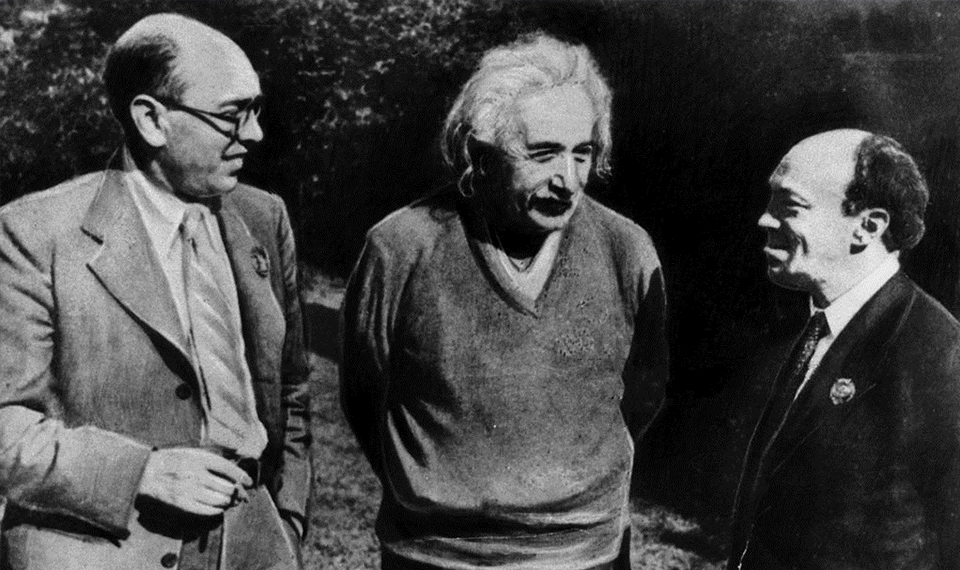
In 1943 after his performance at Carnegie-Hall, the crowd overwhelmed with his speech rushed to the stage. The stage ruined under the people’s weight, and Mikhoels fell down and broke his leg. The rest of his American tour he spent in a wheelchair and on crutches. After the performance, Marc Chagall said: “I have seen performances made on squares, at stadiums, circuses by major modern directors, but such a spectacle as anti-fascist meeting in New York in 1943 could be directed only by Mikhoels.”.
Death
Solomon Mikhoels died on January 12, 1948 in Minsk. According to the official version, the actor died in a road accident – hit-and-run car accident. The government organized his funeral; the Moscow State Jewish Theatre was named after Mikhoels. However, later it was found out that Solomon Mikhoels’s death was assassinated by the USSR security services on Stalin’s order. Mikhoels turned out to be a victim of the anti-Semitic campaign at the beginning of the 1950s. It was claimed that he was a Jewish nationalist and conspirator against Stalin. After Stalin’s death in 1953 in the newspaper “Pravda” there was an article with the disclaimer of all accusations towards the actor.
You may be interested
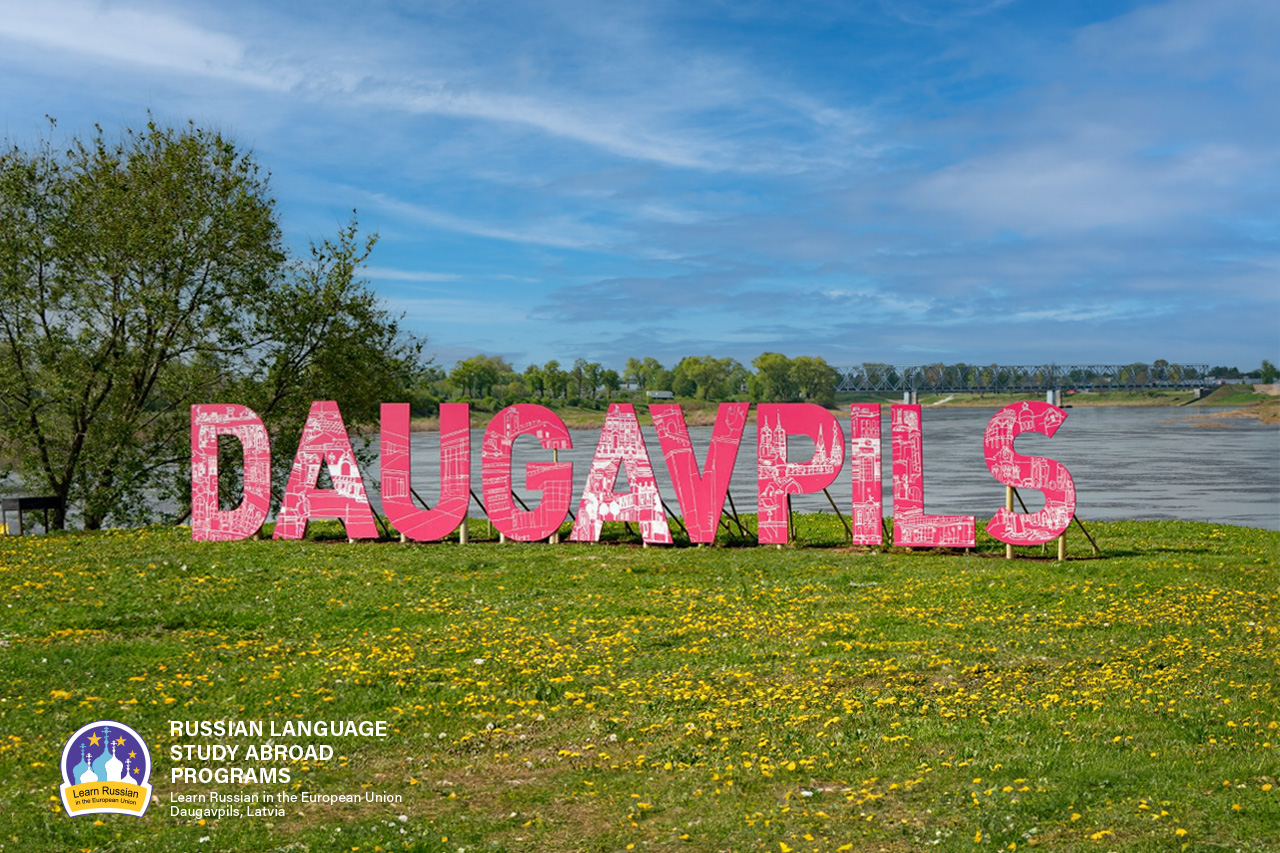
Why do people speak Russian in Daugavpils?
As it seems to us, Daugavpils is the best place to learn Russian now, because our city is situated in the EU and NATO, but at the same time 90% of the city’s population speak Russian at home.
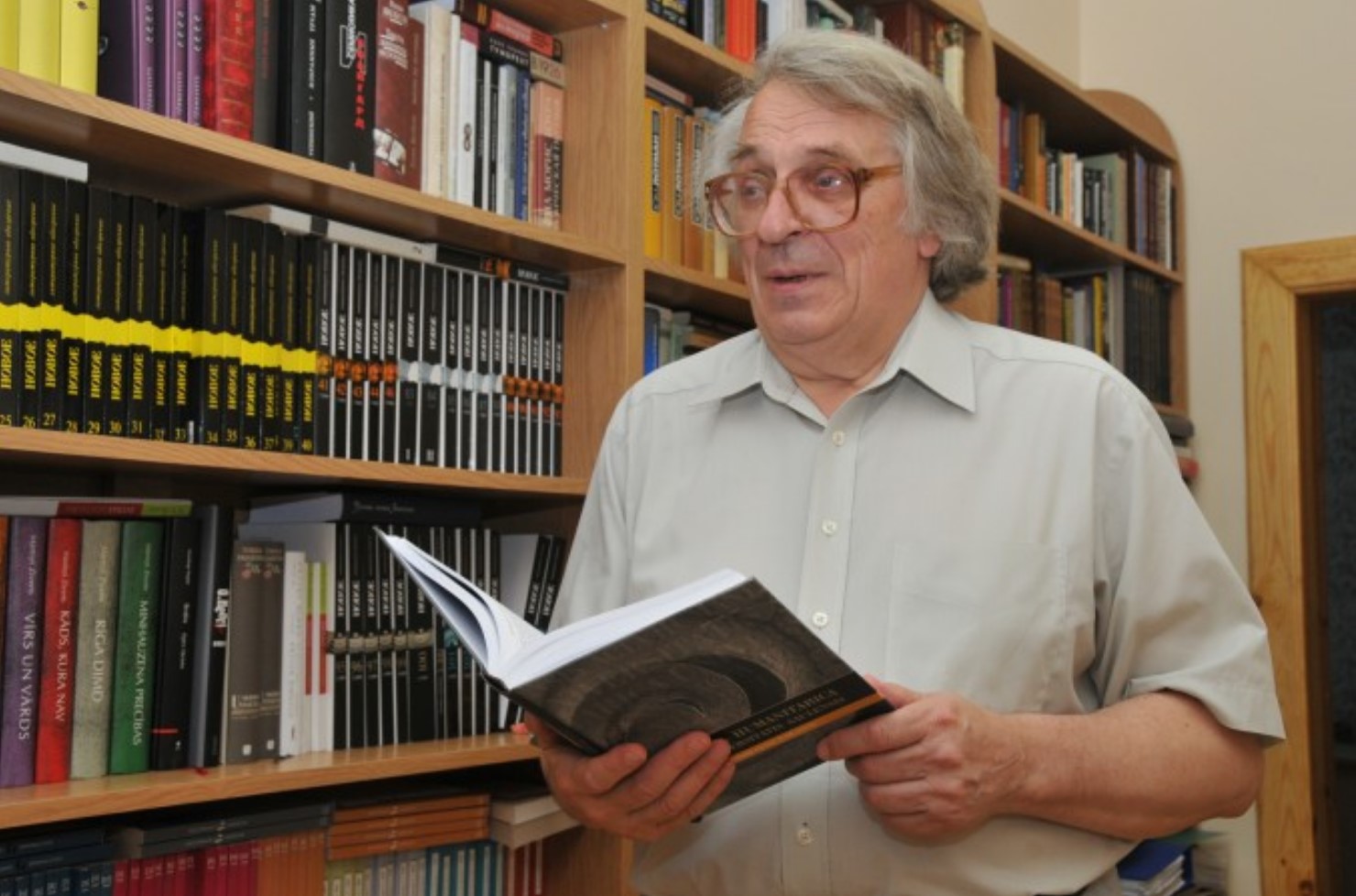
ЭТЮД О ДВИНСКЕ
Etude on Dvinsk by F.Fedorov
The Baltic region is one of the most catastrophe prone regions of the 2nd millennium, especially its second part; it is the centre of attraction of ‘geopolitical’ interests of the European world. Probably the most tragic fate has befallen to the eastern part of the present Latvia and its multi-titled town of Dinaburg – Dvinsk – Daugavpils. During its 730 years long history, the town went through five rather autonomous periods of development, five different lives (German, Polish, Russian, Latvian, Soviet), and at the beginning of the 1990s it entered into the 6th period.
The history of Dinaburg – Dvinsk – Daugavpils is the history of five attempts by the town to begin its life anew; and this is determined not only by the fact that the town was four times burned down and had to start life from scratch, but first and foremost because each of these periods was characterized by a total change of ethnos and the socio-cultural field.
The present article deals with the cultural space of the town in one of the most efficient periods of its development – from the 1860s till World War I.


